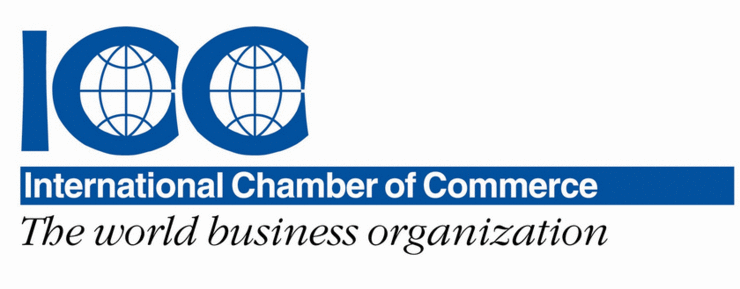
La ICC promueve las economías de libre mercado
Fedecámaras califica de "positivo" acuerdos suscritos entre Colombia y Venezuela
Other ways to obtain foreign exchange, such as the Sitme, would be gaining ground, while Cadivi declines or focuses efforts on some specific areas.
«There is only one way to import in Venezuela: through Cadivi (the Foreign Exchange Administration Board). There is only one dollar, only one price and I mean the official dollar,» said Executive Vice-President Elías Jaua on Monday when elaborating on the Law of Fair Costs and Prices, under which the cost structure of companies will be reviewed for pricing purposes.
In this way, Jaua dispelled doubts about what will be the foreign exchange rate that companies will have to use to calculate the cost structure of imported products or items comprising imported parts.
Jaua explained that import costs, both of raw materials and finished products, will only be calculated at the official rate, that is, Cadivi’s exchange rate.
However, in Venezuela, imports are not paid only with US dollars allocated through Cadivi (VEB 4.3 per US dollar). In fact, US dollars can be purchased at other exchange rates from official mechanisms such as the issuance of US dollar-denominated bonds payable in Venezuelan bolivars (about VEB 5.8 per US dollar) and the Transaction System for Foreign Currency Denominated Securities (Sitme), a financial mechanism created and administered by the Central Bank of Venezuela (BCV) (VEB 5.3 per US dollar.)
These two legal mechanisms have been used to pay for imports for which Cadivi does not allocate US dollars. Since the government has promoted both mechanisms, Jaua’s statements raise concerns in an economy that is increasingly dependent on imports amidst declining domestic production.
Research firm Ecoanalítica, based on figures released by the Central Bank of Venezuela (BCV), estimated that in 2010 imports afforded with US dollars purchased from Sitme amounted to some USD 2.1 billion. The figure could be as high as USD 4.2 billion in 2011, and is expected to hit USD 4.5 billion in 2012.
Meanwhile, Cadivi authorized USD 22.9 billion for the same purpose in 2010 and is expected to allocated USD 22.7 billion in 2011. Consequently, the other ways to obtain foreign exchange, such as the Sitme, would be gaining ground, while Cadivi declines or focuses efforts on some specific areas.
Moisés Bittán, the president of the Committee on Economy and Finance, Venezuelan Federation of Trade and Industry Chambers (Fedecámaras), said that Jaua’s statements show a «relative lack of knowledge» regarding technical aspects. Bittán noted that Venezuelan authorities would actually recognize imports made with US dollars obtained from mechanisms such as Sitme or US-dollar denominated bonds.
Economic sectors such as the textile, auto parts and hardware industry and franchises are allocated virtually no foreign exchange by Cadivi, but they purchase dollars through the other two legal mechanisms.
published by El Universal



